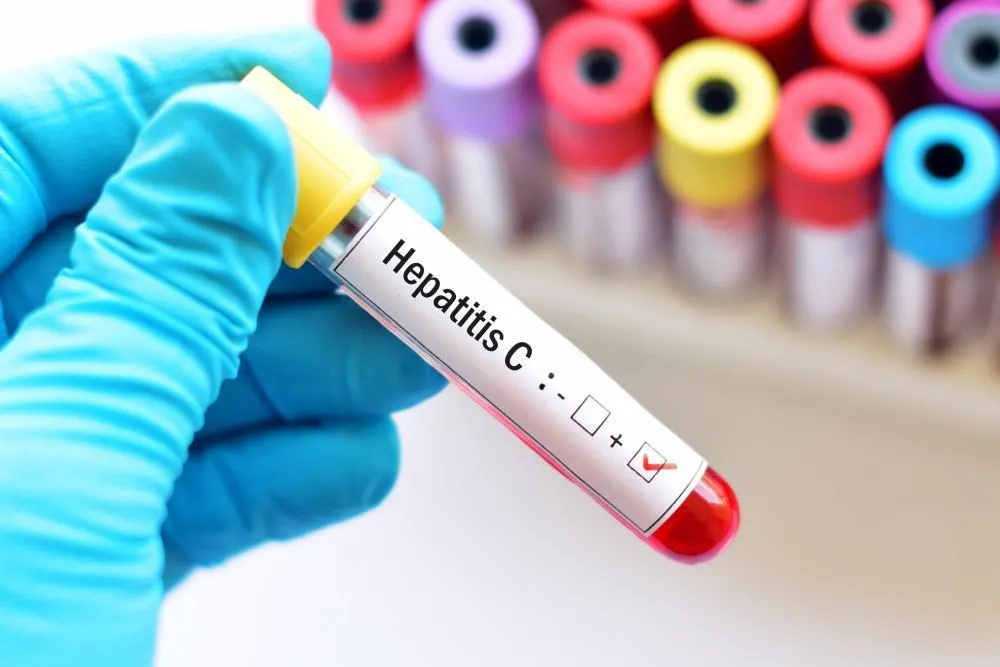Hepatitis C is a blood-borne virus, which means it’s transmitted through exposure to infected blood. Hepatitis C can be a short-term illness but left undiscovered, it can cause lifelong complications that can significantly reduce your lifespan.
Most people don’t develop symptoms right away, as the virus takes time to damage the liver. Hepatitis C symptoms include jaundice, abdominal swelling, nausea, fatigue, itching, and dark urine. Symptoms usually occur when the liver is already severely damaged.
Below, we asked our experts at Digestive Disease Consultants of Orange County to explain how hepatitis C spreads and what treatment options are available. With offices throughout Orange County, California, we are available if you think you might have hepatitis C.
Understanding how hepatitis C transmission
The hepatitis C virus is spread through blood-to-blood contact. This can happen in a variety of ways, including the following:
- Engaging in unprotected sex
- Sharing needles
- Sharing razors
- Having tattoos or piercings done with unsterilized tools
Being pregnant while carrying the virus often infects the fetus. There’s also a small chance of having hepatitis C if you’ve received a blood donation or an organ transplant before 1991.
Hepatitis C treatment
In the past, hepatitis C treatment was lengthy and often came with many unpleasant side effects. Nowadays, direct-acting antiviral medications can clear up the infection in about 90% of people carrying the virus, and they have fewer side effects.
If you’ve been carrying the virus for a long-time, the treatment plan may also include medications for liver damage. There’s no vaccine for hepatitis C. Therefore, it’s possible to develop another infection even after treatment.
To prevent infection or reinfection, avoid sharing personal items such as razors or needles. It’s also important to avoid contact with other people’s blood and wash your hands with soap after touching other people’s items that may contain blood.
Hepatitis C complications
Hepatitis C infections don’t cause harm right away. It takes years for the liver to become scarred and inflamed.
About 5 – 20% of people diagnosed with hepatitis C who leave it untreated for years develop cirrhosis, which refers to irreversible liver damage. Untreated inflammation can raise the risk of liver cancer. Hepatitis C can also damage the kidney and increase your risk of developing type 2 diabetes.
Get tested for hepatitis C
The only way you can be certain that you’re free of the virus is to get tested. If you catch it early, you can prevent liver damage, and the newest medications now available for hepatitis C can clear your infection within 8 – 12 weeks.
If you suspect you’re at risk of carrying the virus, contact us to schedule an appointment and get tested.



